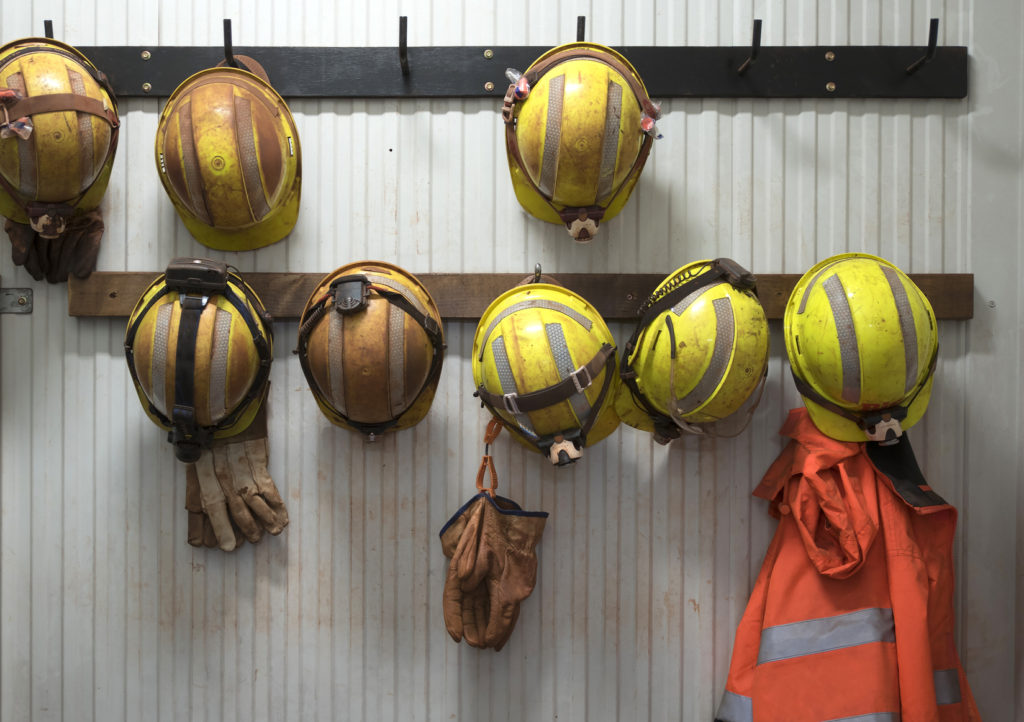
Workplace health and safety or occupational health and safety are terms that can be thrown around rather loosely. Often heard interspersed with grumblings about rules and fun police accusations, these policies and legislation actually play a crucial role in protecting both Australian workers and businesses.
It’s important that all workers are aware of what work health and safety (WHS) policies involve as well as their rights and responsibilities. Understanding WHS laws and regulations can help you prevent workplace incidents and prepare you in the event of a workplace accident or injury.
What are Work and Health Safety laws in NSW?
Work health and safety (previously occupational health and safety OH&S) laws create safe work environments and even more importantly, provide recourse for employees who sustain injuries in the workplace. In NSW these laws are enforced by SafeWork NSW.
Work and Health Safety Rights and Responsibilities
WHS is concerned with safety at work. WHS laws stipulate that an employer must do all they can to ensure the work their employees are undertaking does not hurt them or make them sick. There are certain guidelines that an employer must follow in order to do this. These surround both the type of work and the environment in which it takes place.
Under WHS legislation an employer must:
- Properly orientate, train and supervise employees to ensure they know how to do their job safely and safe work practices are understood
- Provide adequate facilities for the welfare of employees covering everything from adequate toilet facilities and conducting risk assessments on premises and procedures
- Consult with all employees about decisions that will affect safety in the workplace
- Provide personal protective equipment and the right tools as well as training to use such items correctly
- Have insurance to provide workers’ compensation
- Regularly check WHS systems and procedures to make sure workers are adequately protected from workplace hazards
The above is a basic list of employer responsibilities under law, however there are certain industries and work environments such as those working with plants, chemicals or in construction that require additional employer responsibilities. An employer should always be aware of their legal obligations and meet all of those obligations in full.
For every employer duty there exists an employee right. Where it is the employer’s responsibility to properly train employees so they know how to do their job safely, it is the employee’s right to be trained so they know how to do their job safely. For example, a removalist has the right to be trained to carry and lift heavy items properly so as not to injure themselves. It is the employer’s responsibility to ensure this training is provided and carried out.
Under WHS laws employees carry certain responsibilities too. Under WHS legislation an employee must:
- Work safely to protect themselves and others from injury including wearing all personal protective equipment provided and following safe work procedures and instructions and report any WHS issues, including hazards, injuries, illnesses and near misses.
For example, it is the responsibility of the employee to wear safety goggles when instructed if they are provided. An employee should also report any workplace hazards that may cause harm such as a spill on the floor or a cord which may cause someone to trip. Hazards are not limited to safety, they may also be psychological such as stress and strain resulting from work organisation hazards.
In addition, an incident in the workplace should always be reported. Failure to do so may affect workers’ compensation.
Workers’ Compensation
Under WHS legislation an employer must have workers’ compensation insurance. In the event of a work-related accident or illness workers compensation laws give an injured worker access to medical treatment & support until they are able to return to work and return to work rehabilitation.
While much of the health and safety legislation promotes safety at work, accidents do happen and workers’ compensation insurance is an essential part of WHS policy that protects Australian workers.
What do you need to know about workplace health and safety?
Both employees and employers should be aware of the above rights and responsibilities under WHS law. In the event of a workplace injury these will become a focus.
The laws surrounding WHS and workers’ compensation can be complex, so it’s important that you seek independent legal advice if you have questions about your workplace health and safety or you have been injured or involved in a workplace accident.
Taylor & Scott Lawyers are experts in compensation law and can assist you with your individual case. Take advantage of our free 40 minute case assessment today.
At Taylor & Scott “We Care For You”.








